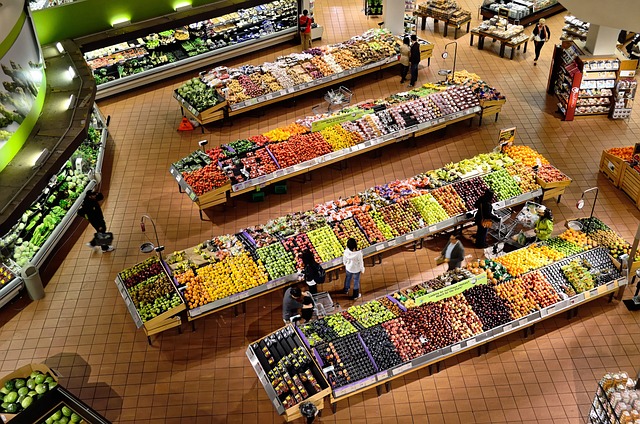- November 24, 2024
- Posted by: workflick workflick
- Categories: Global Supply Chain, Uncategorized

Retailers are working to meet the complexities of the FDA’s Food Traceability Rule, FSMA 204, before the compliance deadline in January 2026. This regulation mandates that companies involved in producing, processing, packaging, or holding foods deemed high-risk for contamination, either microbial or chemical, enhance their recordkeeping practices. This ensures that potentially contaminated food can be identified and recalled faster. Affected products are listed on the FDA’s Food Traceability List (FTL), including nut butter, various fruits and vegetables, certain seafood, ready-to-eat plant-based deli salads, and soft cheeses. These foods are deemed high-risk due to their association with listeria, E. coli, and salmonella.
The rule applies to all food businesses in the U.S. and abroad that generate over $250,000 in food sales annually, including retailers, restaurants, and farmers. Under the new regulations, companies must track “Key Data Elements” (KDEs) throughout the food supply chain, including sourcing, storage, and handling details. These records must be made available within 24 hours if an outbreak or recall occurs, with a retention requirement of at least two years.
A vital part of this rule is using Traceability Lot Codes (TLCs), assigned when food is first packed or processed. These codes and traceability lot code sources help track food throughout the supply chain. The TLC identifies the food’s journey, linking it to specific production and location details, and is crucial for quick identification in case of recalls. These codes may incorporate information like shipping data, product descriptions, and location specifics, including facility registration numbers or website references.
The FDA has not established a centralized database for this information, leaving the responsibility to third-party vendors to bridge the gap. Retailers are working with vendors to implement systems that track this data seamlessly. Many are also investing in training internal teams to comply with FSMA 204 requirements, including certification programs focused on traceability. Automation is also a key focus, with retailers aiming to streamline record-keeping and integrate these processes into their existing systems.
The complexity of this regulation concerns retailers, as many recent outbreaks have originated upstream, at farms or manufacturers, not at the retail level. Retailers are urging the FDA to reconsider the burden placed on them, as the bulk of contamination issues often occur earlier in the supply chain. However, the industry is adjusting to the new reality of stricter traceability practices, where collaboration across the entire food supply chain is essential for compliance.
Retailers are advised to assess their current systems, explore opportunities for third-party integrations, and look for ways to automate the traceability process. The goal is to streamline data collection and sharing without overhauling entire systems. Ensuring that traceability records are captured simultaneously with financial transactions in a single process will be key to effectively meeting the FDA’s requirements.
Frequently Asked Questions: FSMA Food Traceability Rule | FDA
Authored by: Cliff Locks, Reverse Logistics Solutions
How can we help you?
Contact us to start working together. This will ensure you have clarity on the best practices in Reverse Logistics, which will ease the pain and reduce product returns.
